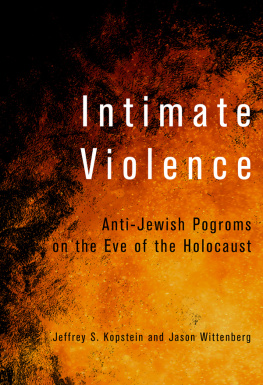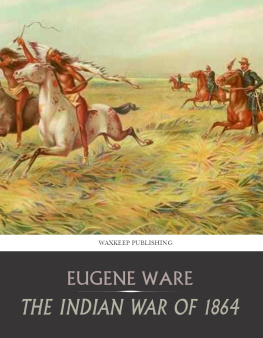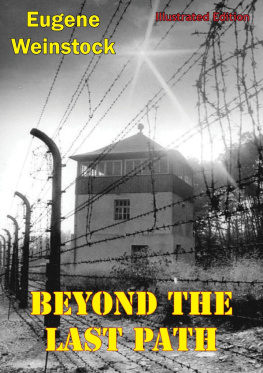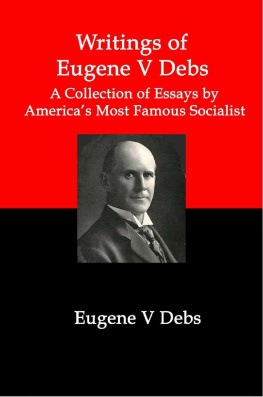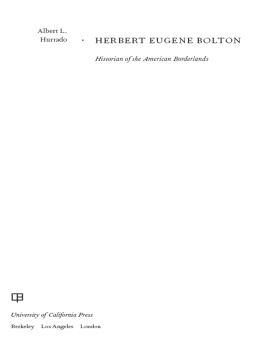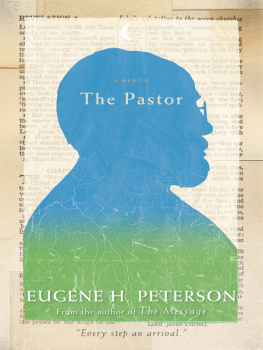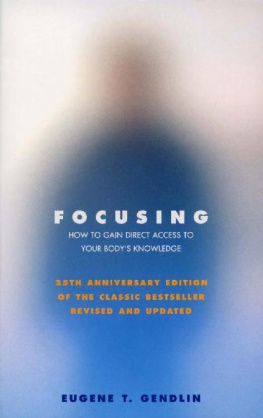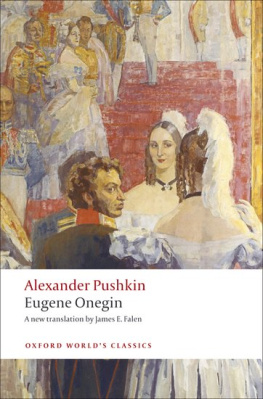Avrutin Eugene M. - Pogroms
Here you can read online Avrutin Eugene M. - Pogroms full text of the book (entire story) in english for free. Download pdf and epub, get meaning, cover and reviews about this ebook. year: 2021, publisher: Oxford University Press, genre: Politics. Description of the work, (preface) as well as reviews are available. Best literature library LitArk.com created for fans of good reading and offers a wide selection of genres:
Romance novel
Science fiction
Adventure
Detective
Science
History
Home and family
Prose
Art
Politics
Computer
Non-fiction
Religion
Business
Children
Humor
Choose a favorite category and find really read worthwhile books. Enjoy immersion in the world of imagination, feel the emotions of the characters or learn something new for yourself, make an fascinating discovery.

- Book:Pogroms
- Author:
- Publisher:Oxford University Press
- Genre:
- Year:2021
- Rating:3 / 5
- Favourites:Add to favourites
- Your mark:
- 60
- 1
- 2
- 3
- 4
- 5
Pogroms: summary, description and annotation
We offer to read an annotation, description, summary or preface (depends on what the author of the book "Pogroms" wrote himself). If you haven't found the necessary information about the book — write in the comments, we will try to find it.
Pogroms — read online for free the complete book (whole text) full work
Below is the text of the book, divided by pages. System saving the place of the last page read, allows you to conveniently read the book "Pogroms" online for free, without having to search again every time where you left off. Put a bookmark, and you can go to the page where you finished reading at any time.
Font size:
Interval:
Bookmark:
Edited by
EUGENE M. AVRUTIN AND ELISSA BEMPORAD


Oxford University Press is a department of the University of Oxford. It furthers the Universitys objective of excellence in research, scholarship, and education by publishing worldwide. Oxford is a registered trade mark of Oxford University Press in the UK and certain other countries.
Published in the United States of America by Oxford University Press
198 Madison Avenue, New York, NY 10016, United States of America.
Oxford University Press 2021
All rights reserved. No part of this publication may be reproduced, stored in a retrieval system, or transmitted, in any form or by any means, without the prior permission in writing of Oxford University Press, or as expressly permitted by law, by license, or under terms agreed with the appropriate reproduction rights organization. Inquiries concerning reproduction outside the scope of the above should be sent to the Rights Department, Oxford University Press, at the address above.
You must not circulate this work in any other form and you must impose this same condition on any acquirer.
Library of Congress Cataloging-in-Publication Data
Names: Avrutin, Eugene M., editor, author. | Bemporad, Elissa, editor, author.
Title: Pogroms : a documentary history / Eugene M. Avrutin and Elissa Bemporad.
Description: New York : Oxford University Press, [2021] |
Includes bibliographical references and index.
Identifiers: LCCN 2021015017 (print) | LCCN 2021015018 (ebook) |
ISBN 9780190060084 (hardback) | ISBN 9780190060091 (paperback) |
ISBN 9780190060114 (epub)
Subjects: LCSH: PogromsRussiaHistorySources. |
PogromsEurope, EasternHistorySources. |
JewsPersecutionsRussiaHistorySources. |
JewsPersecutionsEurope, EasternHistorySources. |
AntisemitismRussiaHistorySources. |
AntisemitismEurope, EasternHistorySources.
Classification: LCC DS134.84 .P64 2021 (print) | LCC DS134.84 (ebook) |
DDC 947/.004924dc23
LC record available at https://lccn.loc.gov/2021015017
LC ebook record available at https://lccn.loc.gov/2021015018
DOI: 10.1093/oso/9780190060084.001.0001
In memory of David Shneer
(19722020)
Eugene M. Avrutin and Elissa Bemporad
Eugene M. Avrutin
Daniel Unowsky
Steven J. Zipperstein
Robert Weinberg
Polly Zavadivker
Jeffrey Veidlinger
Elissa Bemporad
Harriet Murav
Anna Cichopek-Gajraj and Glenn Dynner
The initial idea for this volume emerged from a series of conversations between the editors about the relationship between Jewish history and violence, and about the pogrom conundrum in Russia and East Central Europe in modern times. These conversations materialized into facts. In May 2019, we organized a conference at the Center for Jewish History to commemorate the centennial of the 1919 wave of anti-Jewish violence unleashed by the Russian Civil War. A distinguished group of scholars came together to discuss the pogroms through the lenses of the specific geopolitical context where the violence erupted, as well as in a comparative framework in relation to anti-Black violence. We also explored the power of literary responses to anti-Jewish violence and reassessed the role that pogroms play in Jewish memory and history. The conference was followed by an inspiring workshop where we discussed drafts of the chapters and our vision for the documentary collection. We are truly grateful to the superb contributors, to Nancy Toff of Oxford University Press (OUP), and to Julie Chervinsky and Olga Golovanova of the Blavatnik Archive Foundation for their wisdom, suggestions, and good humor. The Blavatnik Archive Foundation, the Leonid Nevzlin Research Center for Russian and East European Jewry at the Hebrew University of Jerusalem, and the Center for Jewish History provided financial and organizational resources without which we would not have been able to convene the workshop.
We are indebted to David Mazower, bibliographer and editorial director at the Yiddish Book Center, for knowing everything about Yiddish sources, and to Chana Pollack, archivist at the Forward , for locating a precious image from the archives. We thank the Forward for granting us permission to publish the image in the book. Our heartfelt thanks go out to Robert Weinberg, Valerie Kivelson, and Samuel Kassow for offering insightful comments on our introductory essay, as well as Kevin Mumford for his assistance with the comparative dimension. We are grateful to Leyzer Burko, Anna Cichopek-Gajraj, Glenn Dynner, Asia Lev, Harriet Murav, Eugenia Tietz-Sokolskaya, Daniel Unowsky, and Polly Zavadivker for translating the primary sources. Diana Jaher, Diamond Dadej, and Joshua Woolf-Senoff provided timely research assistance over a span of many years. Therese Malhame skillfully copyedited the volume. We would like to say a warm thank you to Nancy Toff, our editor at OUP, for believing in this project, handling the complicated administrative arrangements, and answering our numerous queries. Thanks also to Nancys colleague Isabelle Prince at OUP for guiding this book to publication.
The research and writing of this book have been made possible by the generous support of different institutions. First of all, we are delighted to express our appreciation to the Blavatnik Archive Foundation for awarding us a generous grant to support the publication of this documentary collection, as well as for granting us permission to reprint the visual materials. Further financial support came from the Tobor Family Endowment, the Research Board of the University of Illinois, and the PSC-CUNY Research Award Program and the Research Foundation of the City University of New York.
This book is dedicated to the memory of our colleague David Shneer, whose untimely passing in November 2020 has deprived the fields of East European, Russian, and Jewish history of his wisdom and creativity.
Eugene M. Avrutin and Elissa Bemporad
At the turn of the twentieth century, an upsurge of explosive pogroms caused much pain and suffering in the eastern borderlands of Europe, the territories under consideration in our book. Jews were not the only ethnic group swept up in the violence, but they usually bore the brunt of the ill-treatment. In the summer of 1885, Romanian peasant rioters attacked Jewish property and caused physical harm to women and children, resulting in the expulsion of around 130 Jews from a village. In the Habsburg Empire, in 1898, the governor of Galicia declared a state of emergency in the aftermath of some 400 anti-Jewish riots. The Russian Empire was the site of some of the worlds most fatal and meticulously documented pogroms, many of which occurred in cities such as Kishinev, Kiev, and Elisavetgrad, which suffered
World War I and the Russian Civil War (19181921) represented a turning point in the history of the pogroms. The brutality reached its peak during the ruthless conflict to gain political and territorial control that followed the 1917 Bolshevik Revolution. The forces at war included the Red Army, which fought on behalf of Bolshevik power, and faced the White movement, a coalition of anticommunist forces, that tried to take over postrevolutionary Russia. Under the leadership of the Directory of the Ukrainian Peoples Republic, Ukrainian troops also faced the Bolsheviks in a desperate struggle for independence. As part of the PolishSoviet War, Polish troops fought against the Red Army as they advanced eastward on behalf of the Second Polish Republic. The combatants also included a diverse group of peasant bands in Ukraine, Belarus, and central Russia. Although they disassociated themselves from the ideology of the other combatants, the peasant bands consistently resisted the Red Army and its grain requisition policies to feed its troops.
Font size:
Interval:
Bookmark:
Similar books «Pogroms»
Look at similar books to Pogroms. We have selected literature similar in name and meaning in the hope of providing readers with more options to find new, interesting, not yet read works.
Discussion, reviews of the book Pogroms and just readers' own opinions. Leave your comments, write what you think about the work, its meaning or the main characters. Specify what exactly you liked and what you didn't like, and why you think so.

